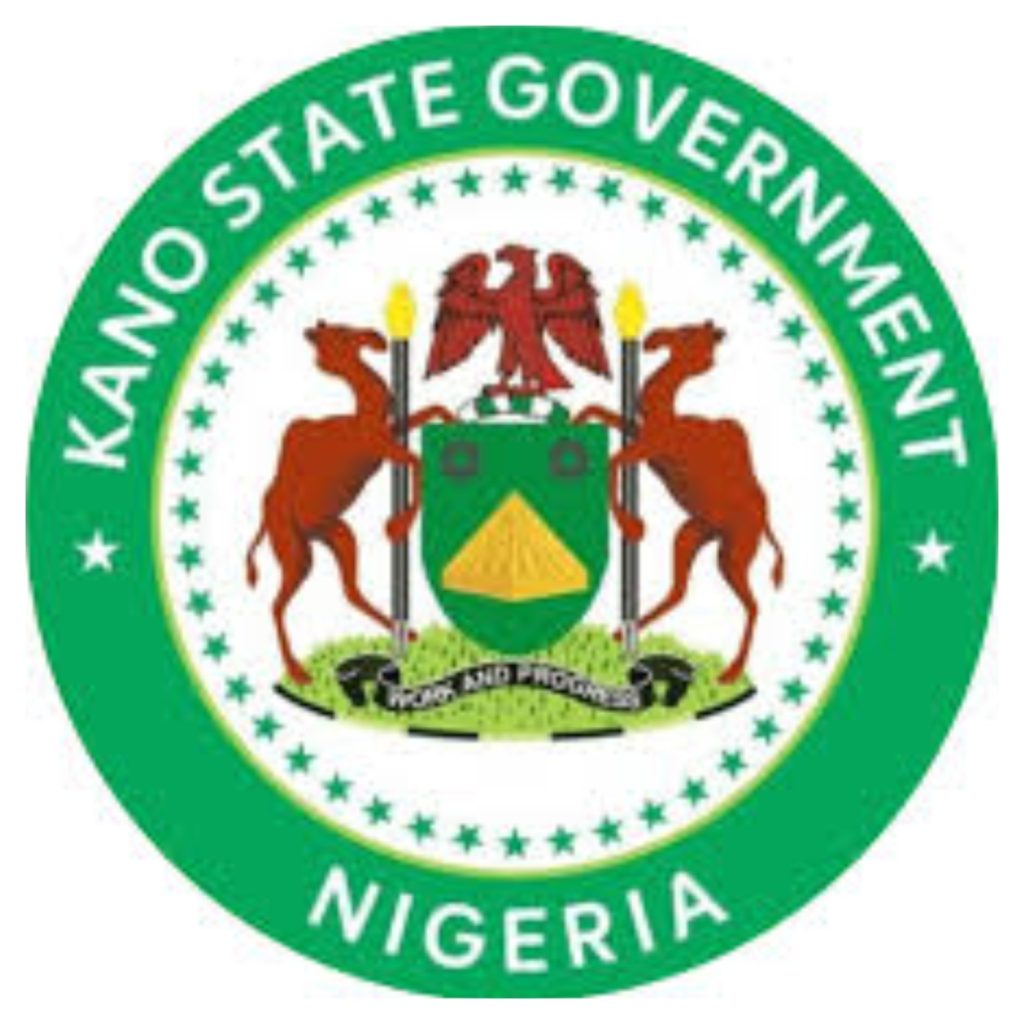The Trade Union Congress of Nigeria (TUC) has vehemently rejected the Federal Government’s proposal to impose a five percent tax on petroleum products, describing it as an “act of economic wickedness” against the nation’s already overburdened citizens. The union asserts that this policy, if implemented, would exacerbate the suffering of Nigerians, cripple businesses, and push millions deeper into poverty.
Nigeria is currently grappling with the aftermath of subsidy removal, soaring fuel prices, food inflation, and a declining naira. The TUC argues that introducing another levy on petroleum products would be a deliberate attempt to compound the suffering of citizens. The government’s economic experiments, according to the union, have used Nigerians as sacrificial lambs for too long.
In a statement signed by its President General, Festus Osifo, and Secretary General, N. A. Toro, the TUC demanded that the government abandon its plans to introduce the tax. The union warned that failure to do so would prompt a nationwide resistance, with strike action a possible outcome. The TUC has directed its state councils, affiliates, and structures to remain vigilant and prepared for further action.
The union has also called on civil society organizations, professional bodies, student unions, market associations, faith leaders, and patriotic Nigerians to stand in solidarity against policies that seek to further impoverish citizens. The TUC emphasized that Nigerians deserve economic justice, not endless punishment.
The Federal Government’s proposal has sparked concerns about the potential impact on the nation’s economy and citizens. The TUC’s rejection of the tax is the latest in a series of disputes between the government and labor unions over economic policies. As the situation unfolds, the TUC’s threatened nationwide resistance could have significant consequences for the country. The government’s next steps will be closely watched, as Nigerians await a resolution to the ongoing economic challenges.



